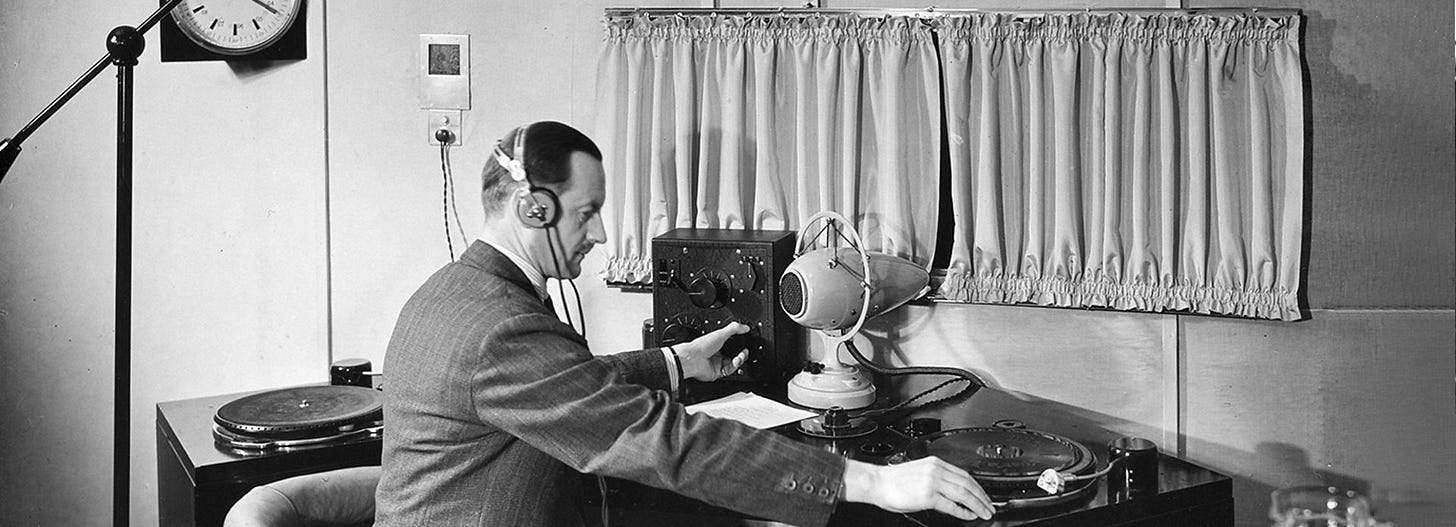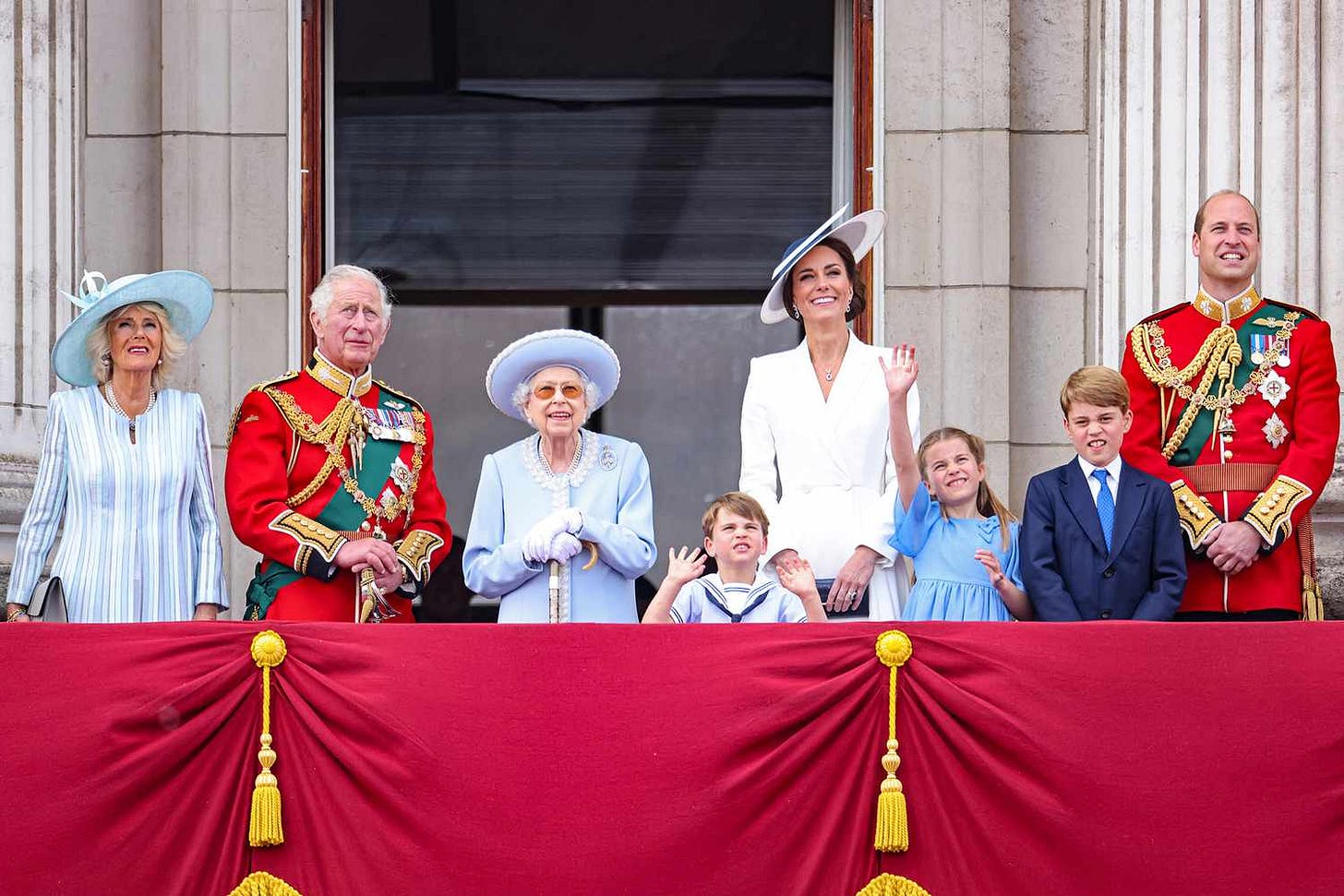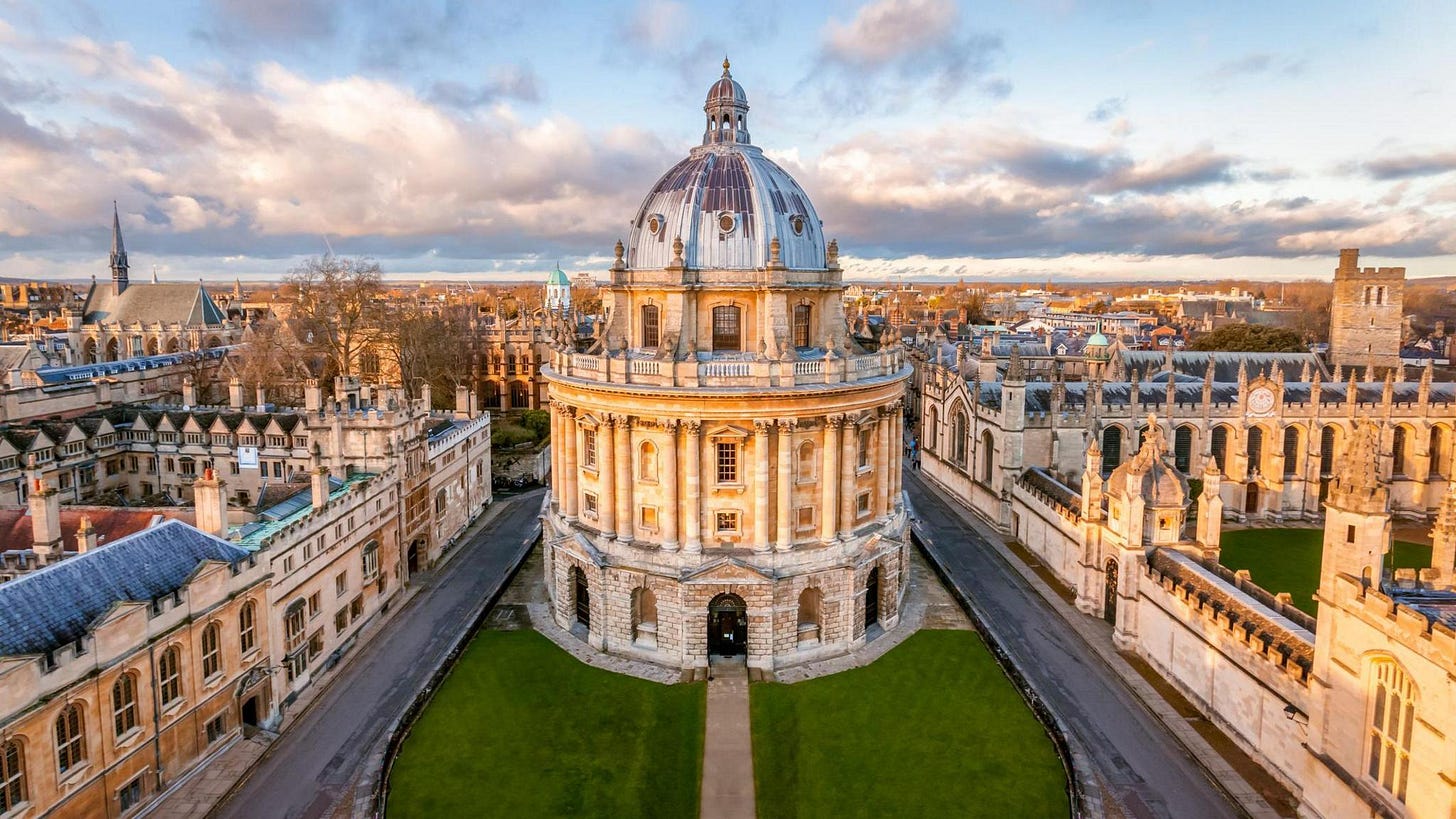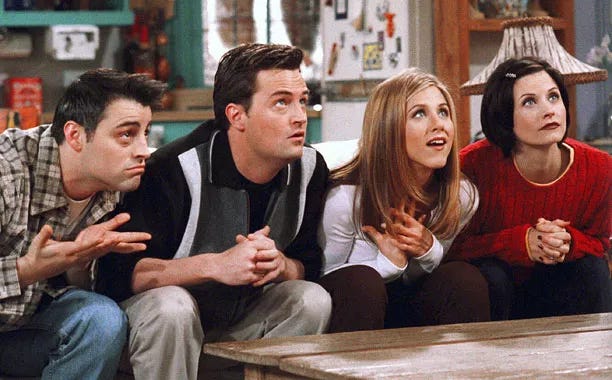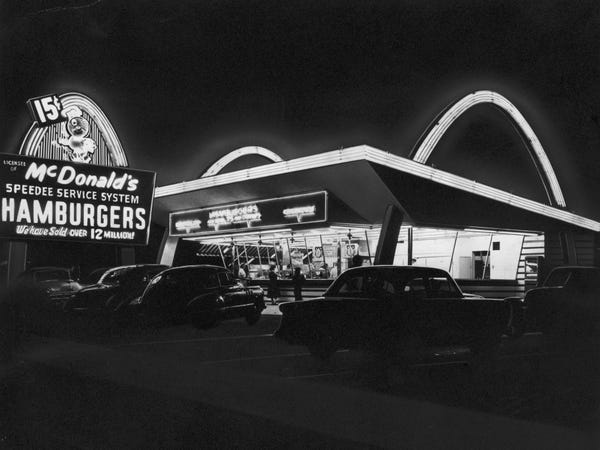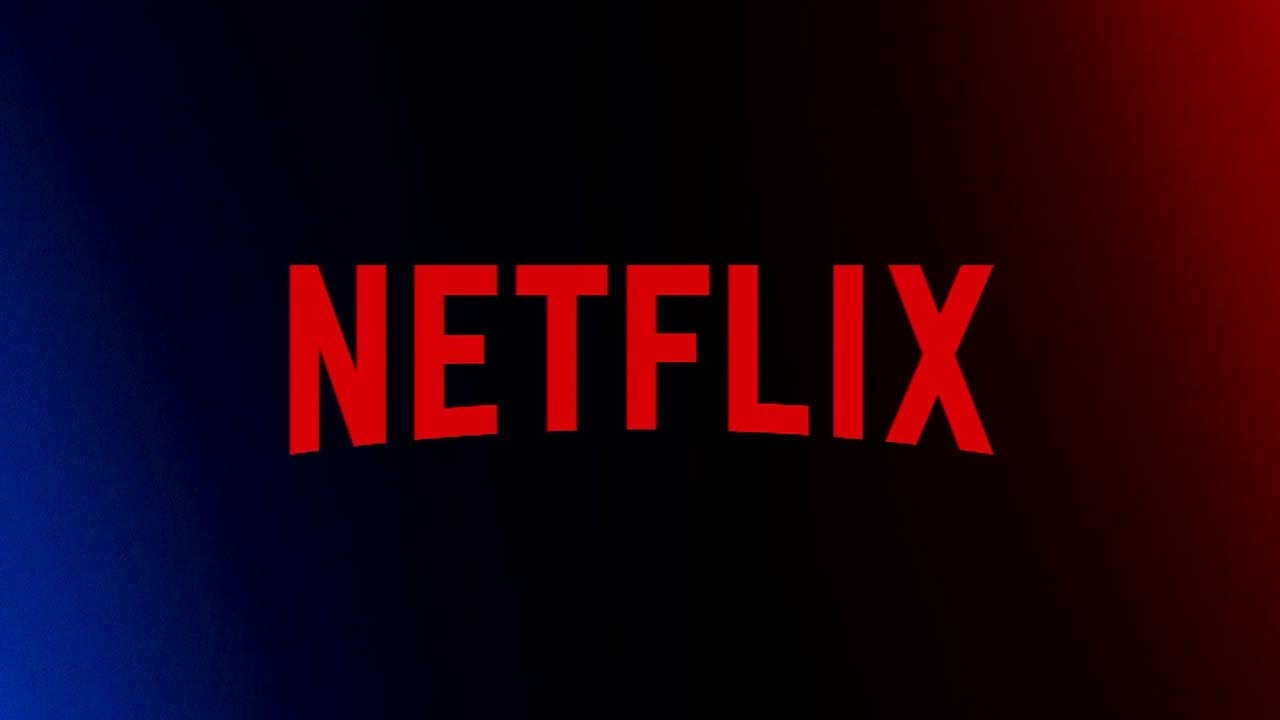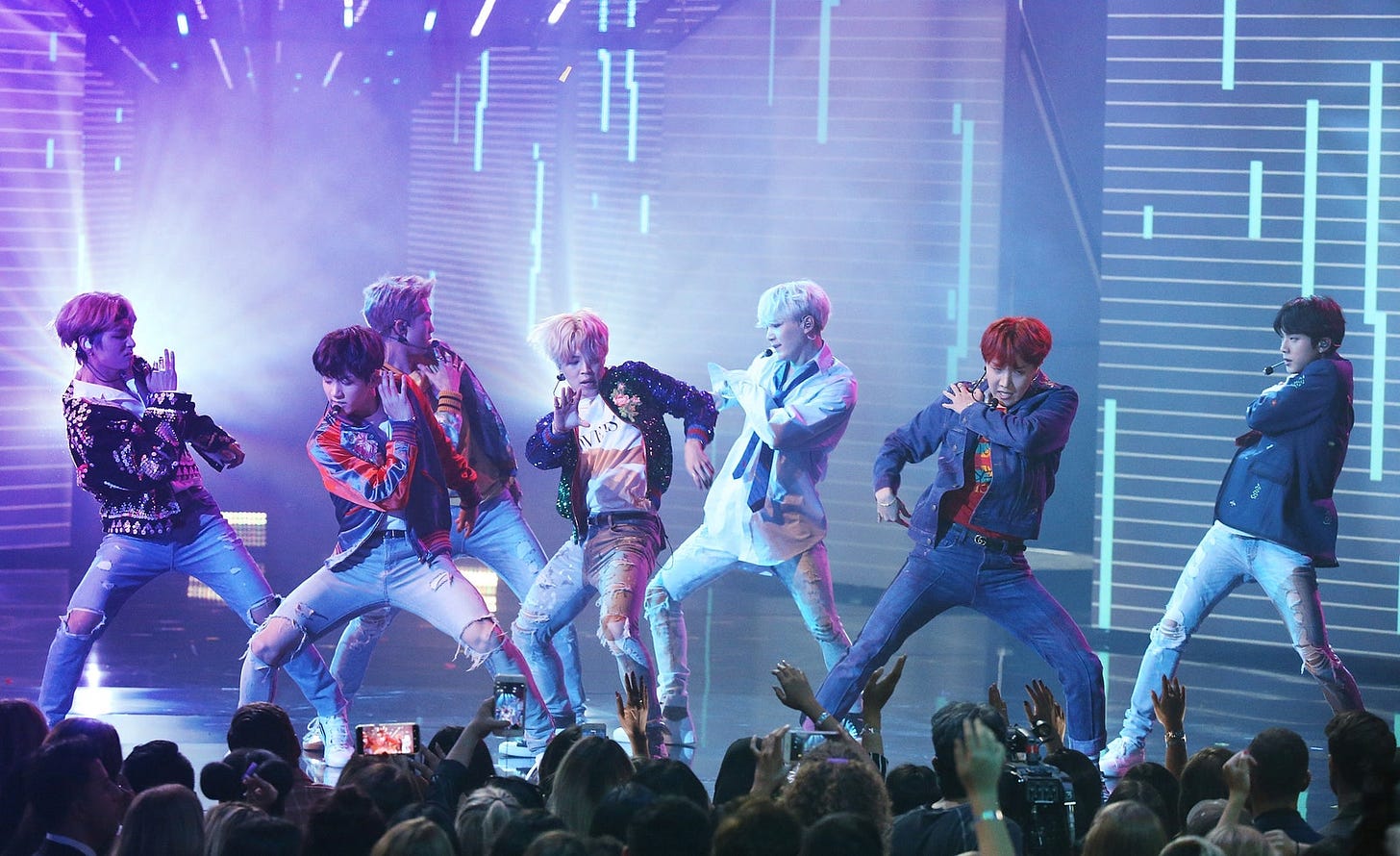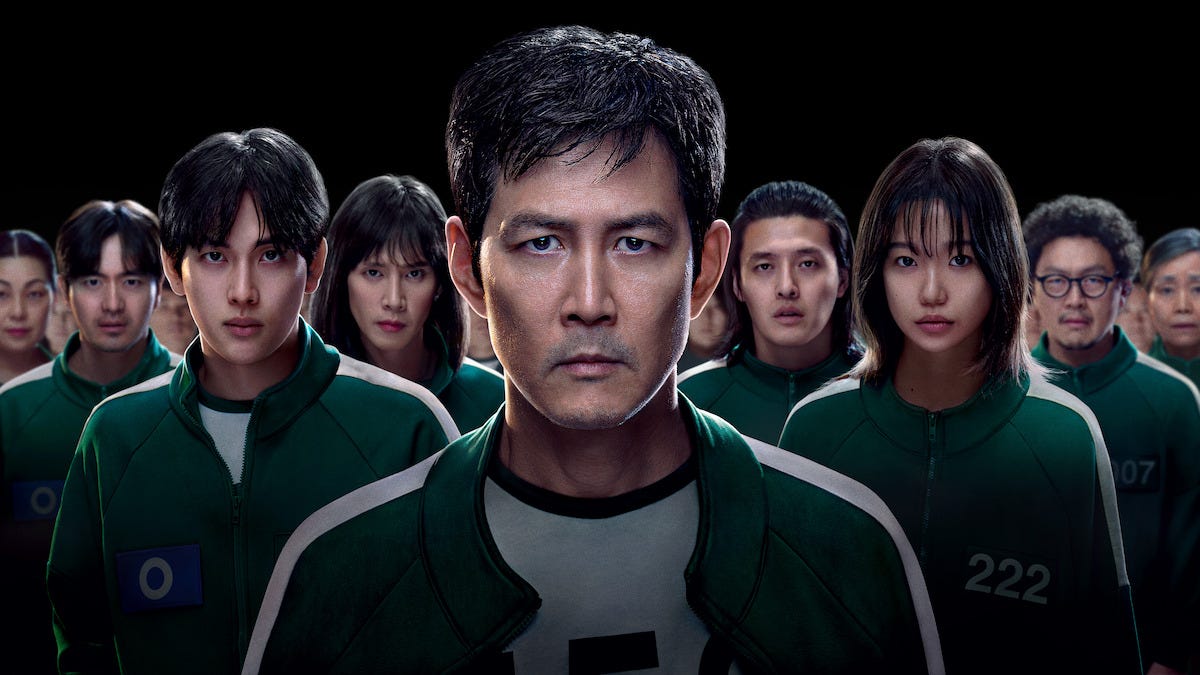Big Macs, Anime, the Queen and K-Pop: How Culture Is A Weapon In A World Always At War
Missiles are pricey but memes are free. Global dominance isn’t just won with tanks—it’s won with TikToks.
👋🏼 Hey, I’m Adam, and I sometimes have a hard time spelling the word aquarium.
I’m an AI optimist who believes, in the long run, it will be a force for good. The goal here is simple: to help more people engage, learn, and actively shape the future rather than passively react to it.
The next few years will be turbulent, but things will settle. I explore these shifts through a cultural lens because, at my core, I care about the arts, about culture, and most of all, about humans. AI won’t define the future—our response to it will.
NOTE: Today’s is a longer one. So if you’re only reading this via email, it’ll get cut off. Make sure to read on the web/app to get the whole piece.
Today’s full post is just for paying subscribers. Consider subscribing, if only to help me learn to spell.
This Isn’t Just About Cartoons—Whoever Controls Cool Controls the World
Being cool has always been power. In the schoolyard, in the boardroom, on the global stage—those who define what’s desirable, what’s aspirational, and what’s worth paying attention to, win. Governments know this just as well as teenagers do. And right now, Japan is in a fight to stay the coolest kid on the block.
Forget trade deals and military pacts—the most potent form of diplomacy is entertainment. If you can get the world to consume your culture, you don’t need to force influence; it comes pre-installed. The U.S. did it with Hollywood, Britain with its institutions, South Korea with K-pop. Japan? Japan had it all: anime, manga, video games—a cultural empire that made everything from giant robots to school uniforms iconic. But now, that dominance is under siege.
With South Korea riding the K-pop wave to cultural supremacy, China investing billions into its own media machines, and AI threatening to automate artistic creativity itself, Japan has rebooted its Cool Japan strategy. The goal? To make sure Pikachu doesn’t get replaced by an AI-generated, copyright-free knockoff named “Pekichu.”
But before we dive into Japan’s fight for cultural relevance, we need to zoom out. Japan is just the latest country to weaponise entertainment and culture as a form of diplomacy. Who’s done it well? Who’s flopped? And why does cultural soft power work so brilliantly—until it doesn’t?
Today, We’re Talking About:
The Playbook of Soft Power: How Britain, the U.S., and South Korea built empires through cultural influence.
Why Cultural Diplomacy Works (And Why It Sometimes Fails): Looking at the UK, the US, South Korea and China: The mechanics of global influence—how brands, movies, and music can be more powerful than armies.
Japan’s Soft Power Crisis: How Japan is trying to reclaim its cultural dominance, and why AI is its biggest existential threat yet.
The Five Big Questions About Japan’s Future: Can anime survive AI? Will Japan finally outmanoeuvre China and Korea in the cultural wars? And is “Cool Japan” a real strategy or just corporate cosplay?
The Power of Culture as Diplomacy: Who’s Done It Best?
Britain: The Original Soft Power Empire
Long before Netflix and TikTok, Britain understood that controlling the narrative meant controlling influence. For centuries, it has punched far above its weight in global affairs, not through brute force alone but through institutionalised soft power—the ability to shape how people think, feel, and even dream about the world.
BBC World Service (founded 1932): Britain realised that to maintain relevance in a post-empire world, it needed to own the global conversation. The BBC World Service became one of the most trusted international news sources, shaping public opinion from Lagos to Lahore.
The Royal Family as Brand Ambassadors: If Japan has anime mascots, Britain has actual people wearing tiaras. The monarchy remains one of the most recognisable (and profitable) cultural exports, reinforcing British heritage and stability on the world stage.
Literature and Theatre: From Shakespeare to J.K. Rowling, British storytelling has set global benchmarks for literature, film, and theatre. Even today, London’s West End rivals Broadway, and British period dramas dominate streaming platforms.

Education as Influence: Oxford, Cambridge, and the British boarding school system have educated generations of world leaders, embedding British values in elite networks worldwide.
Success? Huge. Even post-Brexit, Britain remains a cultural heavyweight through its institutions, media, and historical nostalgia. Despite economic and political turbulence, its soft power influence remains formidable.
The U.S.: Hollywood, McDonald's, and The American Dream
If Britain built the soft power playbook, America turned it into a blockbuster franchise. Post-WWII, the U.S. didn’t just win the war—it won the cultural imagination of the world.
Hollywood as the Ultimate Propaganda Machine: From the 1950s onwards, American films weren’t just entertainment; they were advertisements for the American way of life. Whether it was cowboy movies in the Cold War, Friends-style aspirational city living, or Marvel blockbusters today, Hollywood has projected U.S. values globally.
Coca-Cola, McDonald's, and the Commodification of Cool: Fast food, blue jeans, and rock ’n’ roll became universal symbols of aspiration. American brands became synonymous with modernity, convenience, and freedom.
The American Cool: From jazz and hip-hop to Apple and Netflix, the U.S. made cultural aspiration its biggest export. America didn’t just sell products; it sold a way of life.
Tech as a Cultural Weapon: Silicon Valley didn’t just change technology; it changed culture. The rise of Google, Facebook, and Apple meant that even the way we communicate and access information is shaped by American innovation.
Success? Absolutely. But today, political instability, cultural backlash, and social media fragmentation are eroding America’s cultural dominance. The question is whether it can maintain influence in an era of digital tribalism and algorithm-driven content.
South Korea: The K-Pop Blueprint for Global Influence
South Korea is the world’s most successful case study in engineered soft power. Unlike Japan, which stumbled into its anime-fuelled influence, Korea designed its cultural takeover from the ground up.
Government-backed entertainment industry: The South Korean government actively invested in cultural exports, seeing them as a strategic asset rather than a by-product of creativity.
BTS, Parasite, and Squid Game as Trojan Horses: K-pop and K-drama infiltrated Western markets, making Samsung and Hyundai even more attractive brands. Korea’s cultural exports built an entire economic ecosystem.
K-Culture Ecosystem: From beauty products to fashion, Korean soft power extends beyond music and film, shaping global consumer habits and dictating aesthetics.


